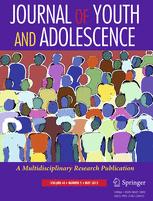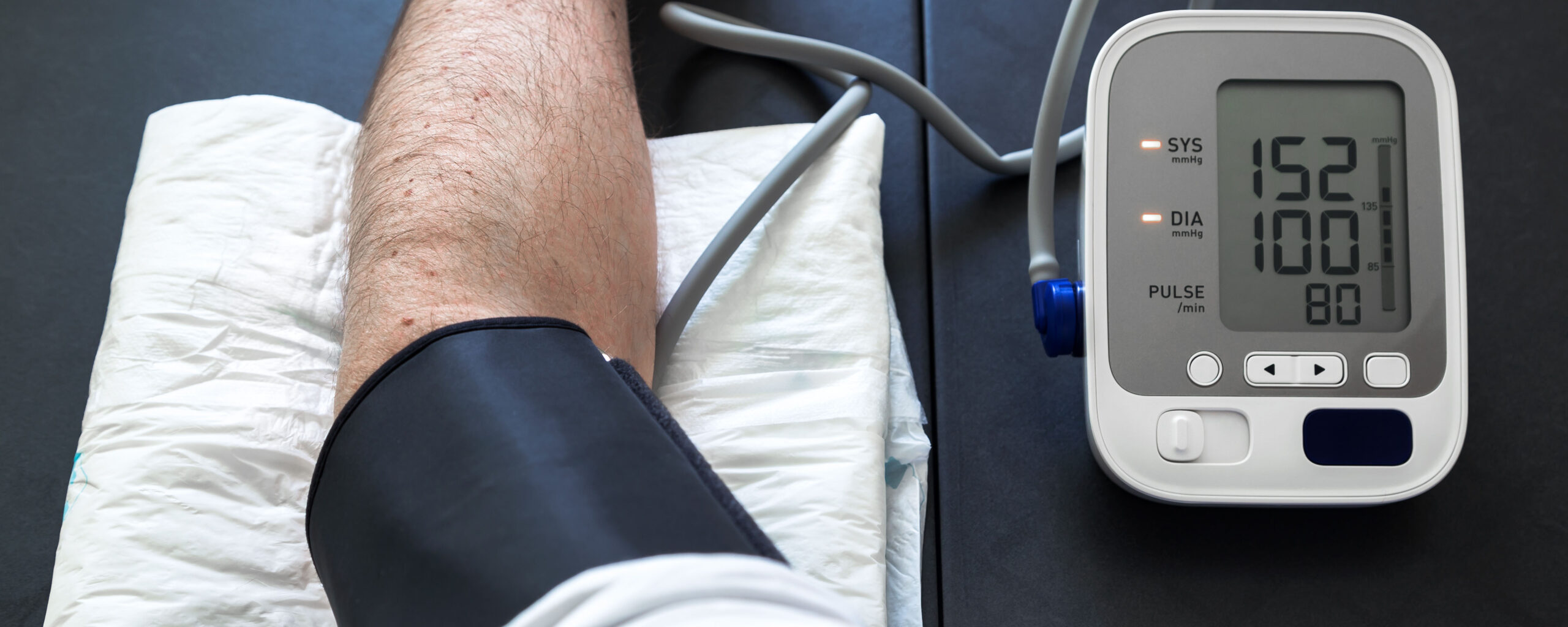Abstract:
With many adolescents using the internet to communicate with their peers, online harassment is on the rise among youth. The purpose of this study was to understand how parental monitoring and strategies parents use to regulate children’s internet use (i.e., internet restriction) can help reduce online harassment among adolescents. Online survey data were collected from a nationally representative sample of parents and their 12-17 year old adolescents (n = 629; 49 % female). Structural equation modeling was used to test direct and indirect effects of parental monitoring and internet restriction on being a victim of online harassment. Potential mediators included adolescents’ frequency of use of social networking websites, time spent on computers outside of school, and internet access in the adolescent’s bedroom. Age and gender differences were also explored. Adolescents’ reports of parental monitoring and efforts to regulate specific forms of internet use were associated with reduced rates of online harassment. Specifically, the effect of parental monitoring was largely direct and 26 times greater than parental internet restriction. The latter was associated with lower rates of harassment only indirectly by limiting internet access in the adolescent’s bedroom. These effects operated similarly for younger and older adolescents and for males and females. Adolescents’ perceptions of parental monitoring and awareness can be protective against online harassment. Specific restriction strategies such as regulating internet time and content can also help reduce the risk of online harassment.
Authors
- Amy Bleakley
- Amy B. Jordan
- Atika Khurana
- Daniel Romer


